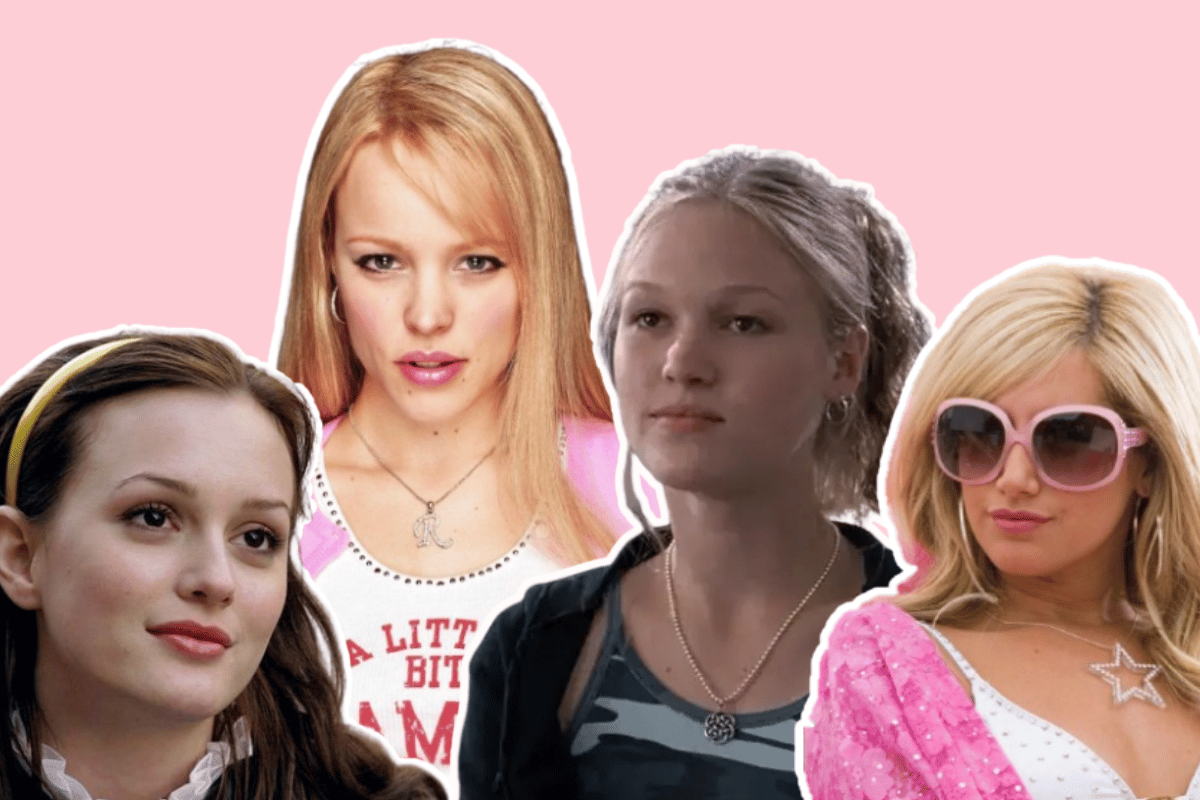
What do we think about when we think about Mean Girls?
We generally think of Mean Girls' Regina George and her easily-manipulated minions, right? Those chirpy teens hoping to gain her approval by acting out her bullying commands.
The Mean Girl, so I once thought, is a queen bee, an Alpha female, a perfect, cheerleading prom queen.
Watch: Regina George in Mean Girls. Post continues below.
But every time I've ever faced the wrath of a mean girl it's been because they're super-sensitive, and they feel deeply hurt and even betrayed.
How do I know this?
Because I was one.
I've been a Mean Girl. Well, an accidental Mean Girl, by which I mean I had no idea I was bullying someone because I felt so strongly that I was the one without power. I was the victim, the poor, sad, thin-skinned, manic pixie nobody understood.
See, the cruellest Mean Girls are not your prom queens. They're not the Queen Bees. Your harshest Mean Girls, the ones who wound you beyond recognition? Those are your former besties.
In 2002, when the book Queen Bees & Wannabes was first published, the bulk of mean girl treatment occurred in high school. But in 2002, women were still getting married and engaged in their twenties.




























































































